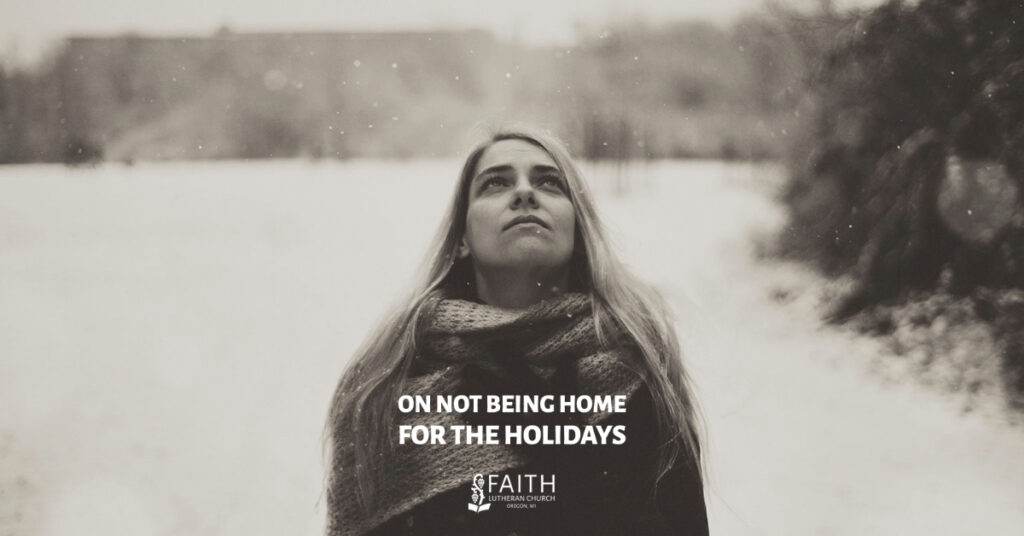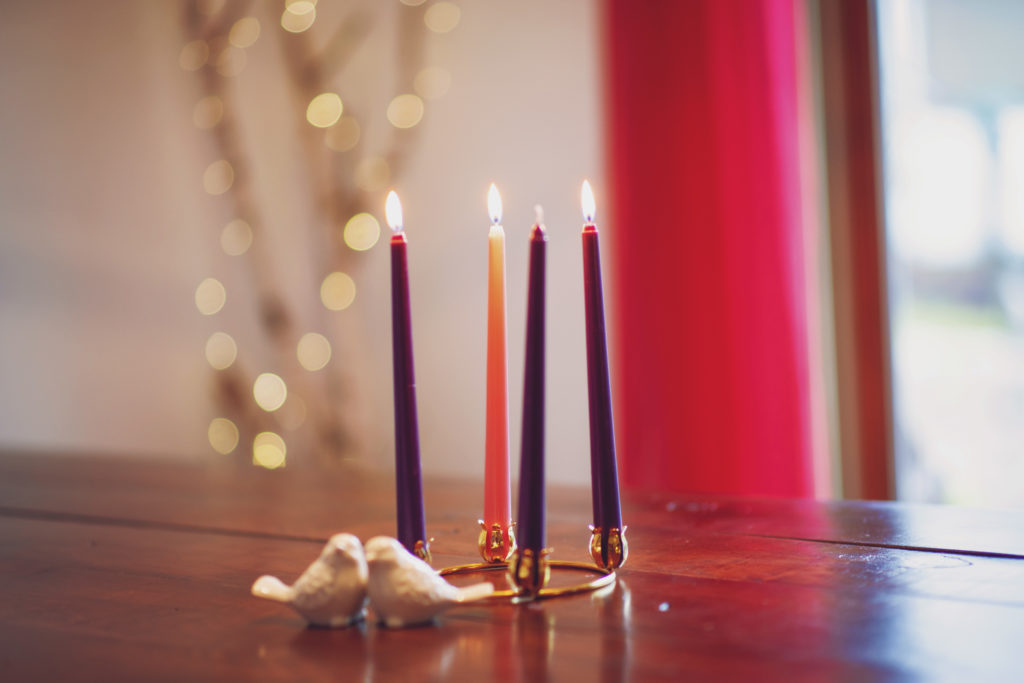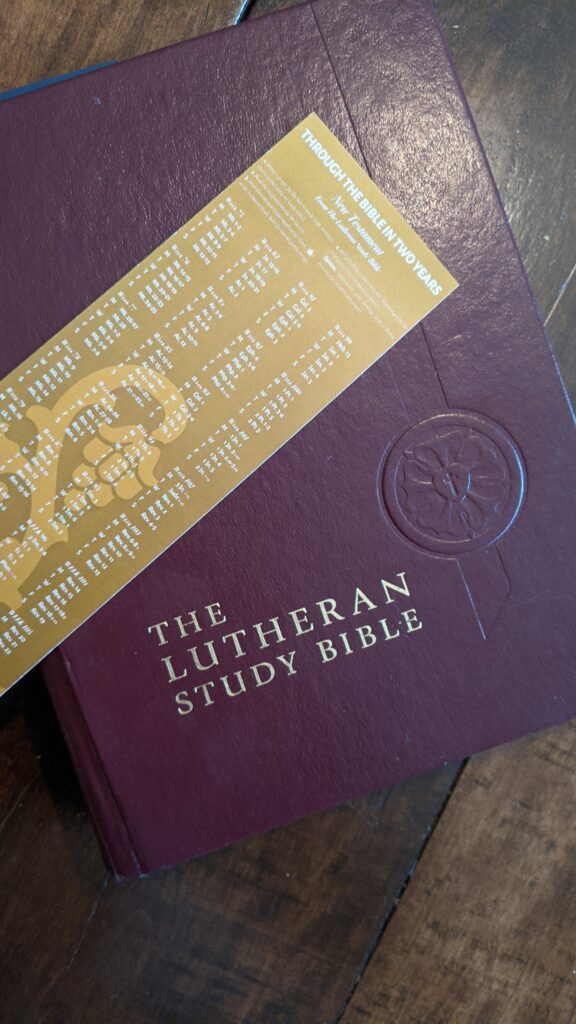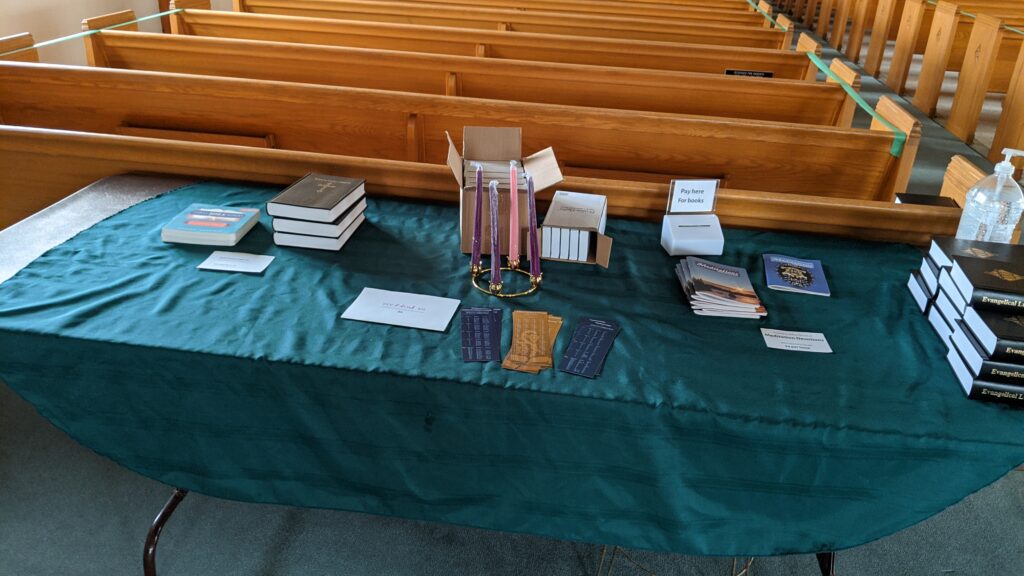After a year of going to the essentials (Ie., Sunday worship and catechesis), it’s time to come together again to build one another up in the Word of God. Groups will hopefully start later this month. Please help me by taking this survey. – Pastor Hendrix
Study Groups
Interest Survey







